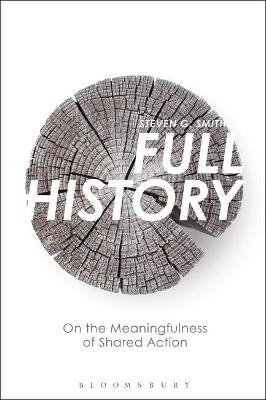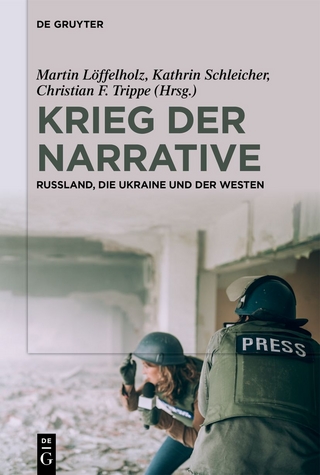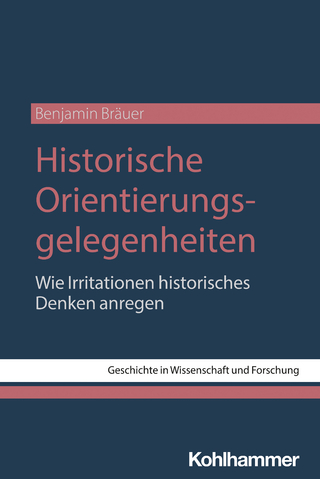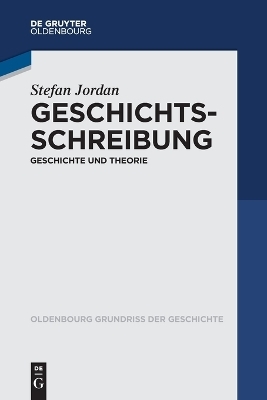
Full History
Bloomsbury Academic (Verlag)
978-1-350-21256-5 (ISBN)
In each of the chapters of Full History Smith poses a key question about history as a concern for conscious participants in the sharing of action, starting with “What Is Historical Meaningfulness?” and ending with “How Can History Have an Aim?” Constructing new models of historical meaning while engaging critically with perspectives offered by Ranke, Dilthey, Rickert, Heidegger, Eliade, Sartre, Foucault, and Arendt, Smith develops a philosophical account of thinking about history that moves beyond postmodernist skepticism. Full History seeks to expand the cast of significant actors, establishing an inclusive version of the historical that recognizes large-scale cumulative actions but also encourages critical revision and expansion of any paradigm of shared action.
Steven G. Smith is Jennie Carlisle Golding Professor of Philosophy at Millsaps College, USA and the author of The Concept of the Spiritual (1988), Gender Thinking (1992), Worth Doing (2004), and Appeal and Attitude (2005).
Preface
Acknowledgements
Introduction
1What Is Historical Meaningfulness?
Toward full history: historical sense
Toward fullest history: historical meaningfulness
Evasions and reductions of history thinking
Historical realism in practical evaluation
2How Is History Real?
Archetypalism and experientialism
How action sharing is real
3How Is History Interesting?
Being interested in “history” and the historical
Three modes of historical interest
Three openings of historical interest
The most interesting new histories, #1: Natural history
The most interesting new histories, #2: Feminist history
The most interesting new histories, #3: Sports history
4How Is History Important?
Historical importance
The totalizing and chaotic views of historical mattering: Sartre and Foucault
Theses on historical importance
5How Is History Understandable?
Historical insight and historical judgment
Conditions of insight into shared action
The practical continuum as spiritual
The game model of the practical continuum
Is there such a thing as good historical judgment?
The classic historical judgment of Jeremiah
The modern historical judgment of Hannah Arendt
6How Can History Be Made?
The possibility of “making” history
The movement ideal
The problem of “historical injustice”
The problem of totalizing
Four modes of history making
The universal history maker
7How Can History Have an Aim?
Three historical goals: Utopia, Victory, Salvation
The best world and bad outcomes
Three themes of historical fulfillment: Freedom, Solidarity, Redemption
History as sacred
Epilogue: Difficult History
Notes
Index
| Erscheinungsdatum | 18.09.2020 |
|---|---|
| Verlagsort | London |
| Sprache | englisch |
| Maße | 156 x 234 mm |
| Gewicht | 417 g |
| Themenwelt | Geisteswissenschaften ► Geschichte ► Geschichtstheorie / Historik |
| Geisteswissenschaften ► Philosophie | |
| Sozialwissenschaften | |
| ISBN-10 | 1-350-21256-3 / 1350212563 |
| ISBN-13 | 978-1-350-21256-5 / 9781350212565 |
| Zustand | Neuware |
| Informationen gemäß Produktsicherheitsverordnung (GPSR) | |
| Haben Sie eine Frage zum Produkt? |
aus dem Bereich


